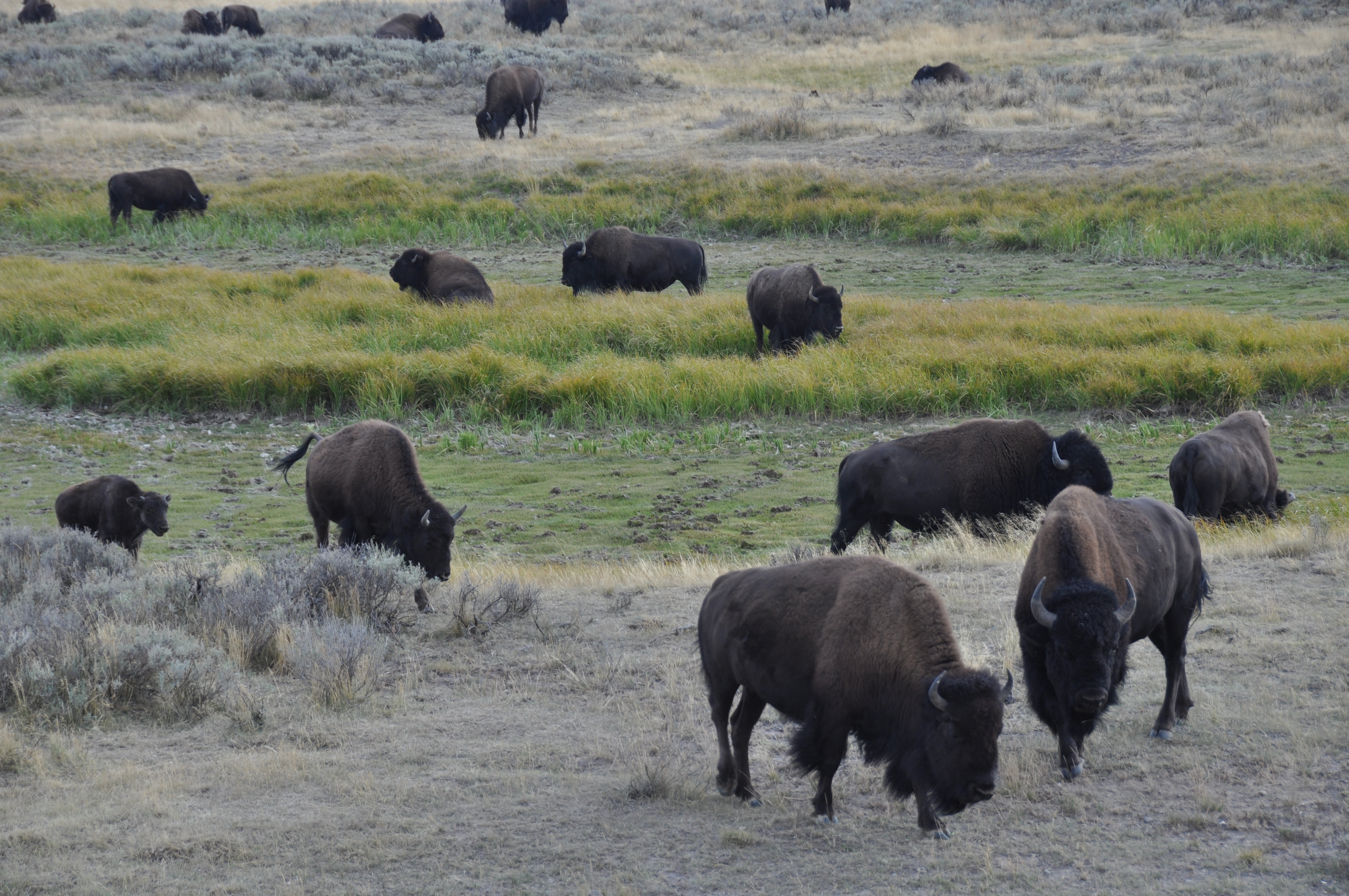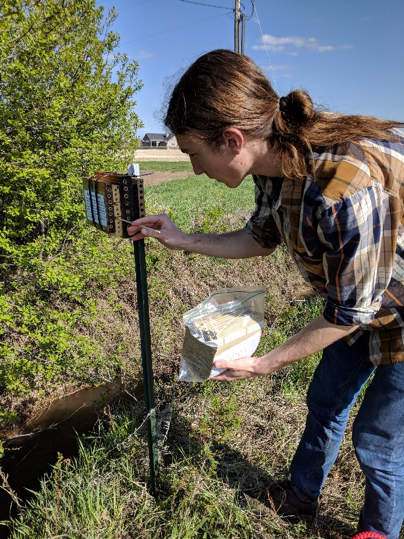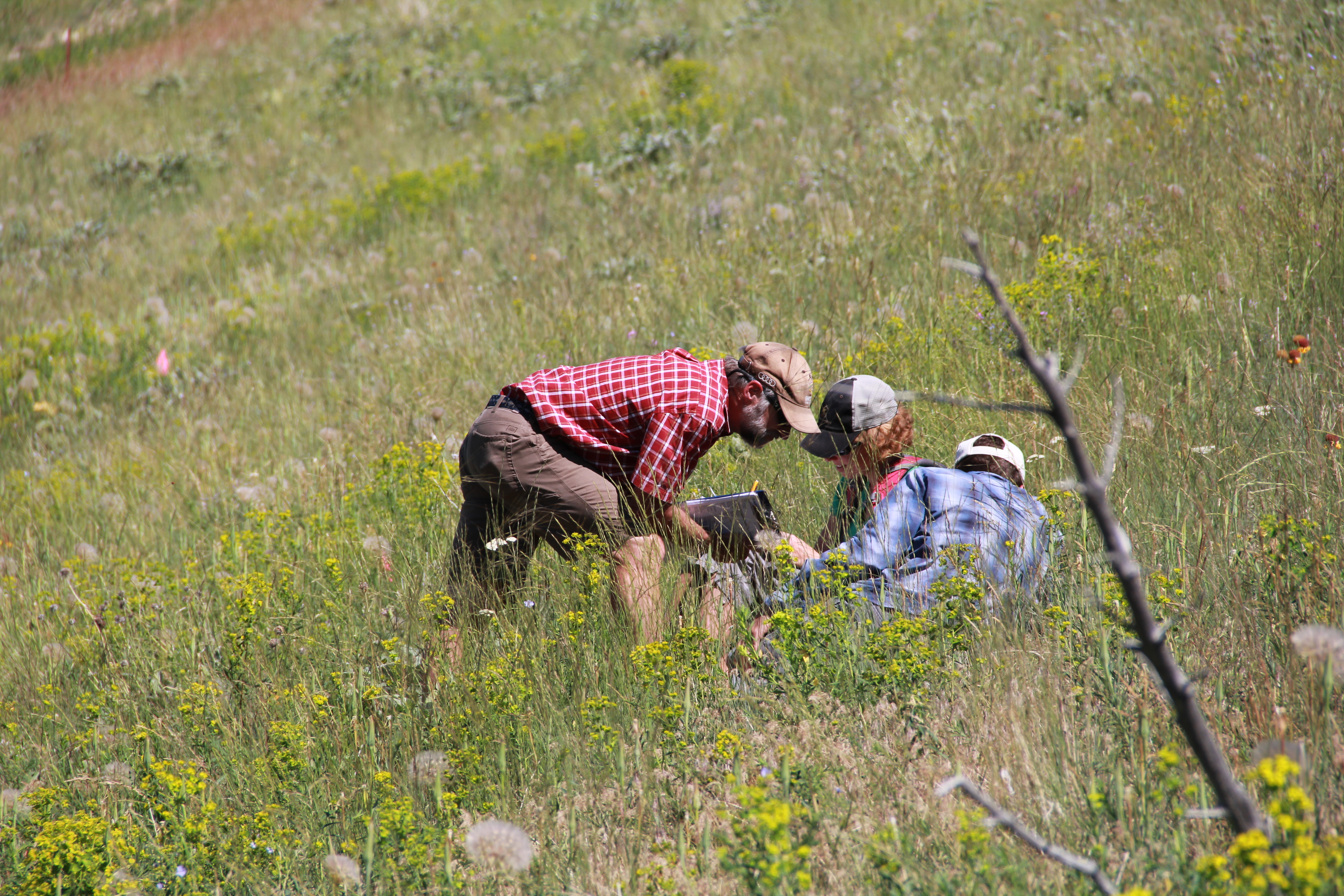Cross-Departmental Programs
Ph.D. in Ecology and Environmental Sciences

The Ecology and Environmental Sciences program epresents a broad collaboration among MSU departments andfaculty, including Animal and Range Sciences, Land Resources and Environmental Sciences, and Plant Sciences, among many. It provides the opportunity for motivated students to integrate our world-class faculty research programs in diverse aspects of ecology and environmental sciences often within the unparalleled natural laboratory that is the Greater Yellowstone Ecosystem. Particular program strengths include terrestrial and aquatic ecology, environmental biogeochemistry, evolutionary biology, hydrology and watershed analysis, quantitative ecology, agroecology, environmental risk assessment, invasive plant ecology and management, conservation biology, land rehabilitation/restoration ecology, environmental microbiology, remote sensing and spatial sciences, chemical ecology, and land-atmosphere interactions. Graduates will be well-trained professionals who will compete strongly in research, teaching, and related fields nationally and internationally.

M.S. in Entomology
The graduate program in Entomology at Montana State University leads to a Master of Science degree. Students in the program are required to take formal course work and conduct independent research guided by the student's advisory committee. Each student, during the course of their graduate program, will also have the opportunity to participate in activities outside their degree program that will benefit them academically and professionally. Such activities include participating in teaching, outreach and international programs, and attending and presenting research results at professional meetings. Each student is strongly encouraged to take advantage of these opportunities. A student's individual program can be designed, with approval of the graduate advisor and graduate committee, to suit the student's individual interests and career goals.
The entomology faculty at MSU conduct research in a variety of disciplines, including behavioral ecology, biodiversity studies, biological control of insects and weeds, biosystematics, chemical ecology, ecology, integrated pest management, pollination ecology, risk assessment, stored-product entomology, insect protein, thermal biology, molecular biology and cultural entomology. Entomological research at MSU includes some of the most important pests in the western U.S., including alfalfa weevil, aphids, cutworms, grasshoppers, Hessian fly, lygus bugs, wheat-stem sawfly, wireworms and others. Beneficial insects under study include various biological control agents and pollinators. Most faculty conduct both applied and basic research.
M.S. in Environmental Engineering
The Environmental Engineering program is an integrated effort of the Departments of Civil Engineering and Chemical and Biological Engineering. The vision of the program is to educate students who will develop solutions to environmental and industrial needs for physical/chemical/ biological treatment, environmental restoration, and waste management using a cross-disciplinary approach.
The degree of Master of Science in Environmental Engineering is awarded through either the Civil or Chemical and Biological Engineering departments, depending on the student’s background, academic program and research work. Areas of specialty within the program include water quality management, design of water and waste water facilities, and chemical/microbial process analysis and design. Environmental Engineering is also one of the options for the Doctor of Philosophy in Engineering.
M.S. in Land Rehabilitation

Course work in the Land Rehabiliation program is designed to serve students new to the rehabilitation field, as well as to experienced individuals or those already working in land rehabilitation or restoration ecology and who desire further education and training. Montana State University offers core courses in land rehabilitation and restoration ecology, anda very strong array of supporting courses in relevant disciplines. These courses are integrated with the core curriculum to add breadth and depth to the program and to make specialization possible in a given aspect of land rehabilitation. Site revegetation, soil remediation, restoration of riparian zones and stream channels, remediation of contaminated sites, and management of invasive plants are among the many potential areas of study. Emphasis is placed on developing a broad understanding of soil, plant and hydrological processes as foundation to effective applications. With the exception of required core courses, course sequences will be designed to correspond with the specific needs, interests and educational goals of the individual student. This program emphasizes soil, vegetation and water sciences, and graduates are expected to be well versed in these areas in addition to the student's particular area of interest.
M.S. in Science Education
The M.S. in Science Edcuation (MSSE) program is a unique, cooperative effort among several colleges and departments that promotes effective and innovative science teaching to a diverse community of science educators through the delivery of unique online and on-campus graduate courses designed specifically for science educators with a dual focus on content and pedagogy. The MSSE program utilizes the unique environment of Montana and the Greater Yellowstone Ecosystem to teach scientific principles and provide models of field-based instruction while increasing educators’ knowledge and understanding in the scientific subject areas. It is designed for science educators by experienced science, science education, and mathematics faculty with the collaboration of outstanding classroom teachers. Over 80% of the courses may be taken on-line, with on-campus summer experiences that vary in length from one to two weeks.

